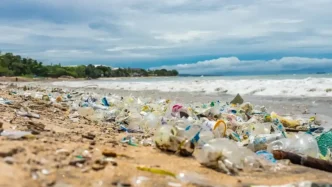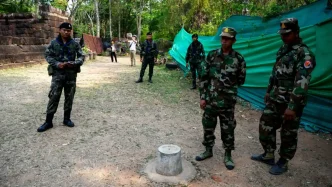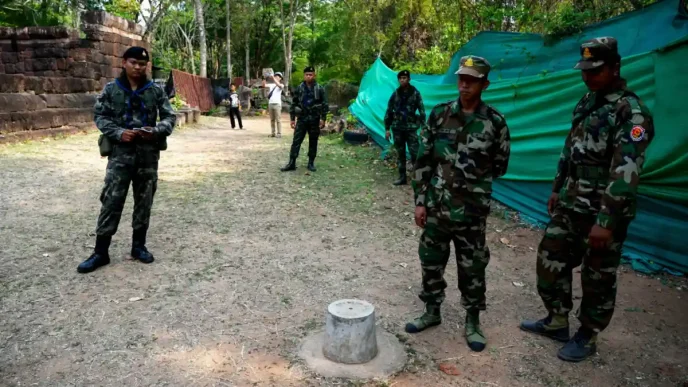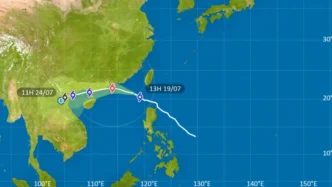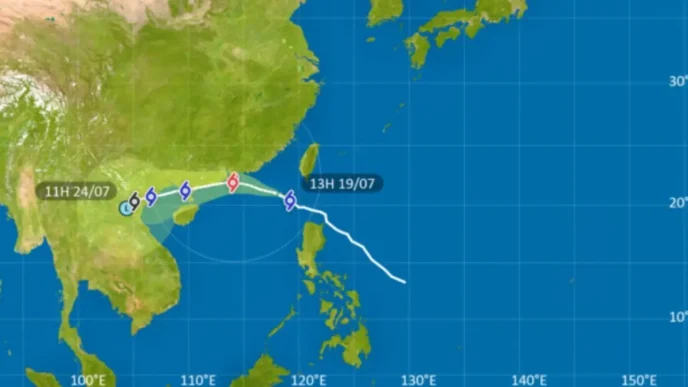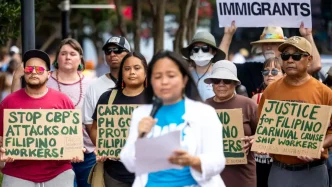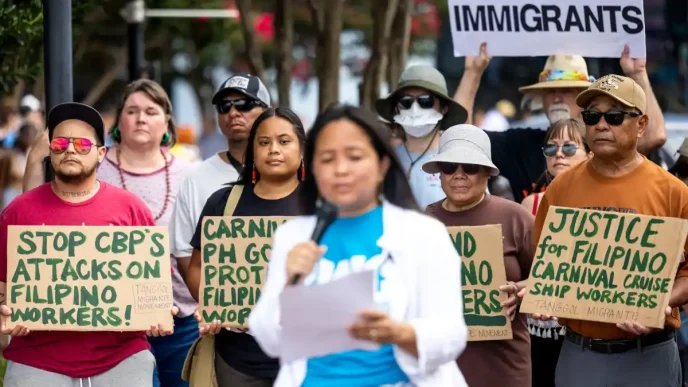In a bold move to combat the mounting plastic waste crisis, the Bali provincial administration has announced plans to ban the production of small plastic packaging, commonly known as sachets, starting in 2026. This decision follows the recent prohibition on under-1-liter bottled water production, signaling a broader push toward a cleaner, greener Bali. Yet, as the policy takes shape, it has ignited a heated debate between environmentalists advocating for stringent measures and local businesses concerned about fairness and economic impact.
A Vision for a Plastic-Free Bali
The announcement came from Bali Vice Governor I Nyoman Giri Prasta, who expressed strong support for the proposed sachet ban during a statement in Denpasar. “I support it fully. This has been through studies on the small-size sachets, whether it [the ban] will be decided this year or next year [in 2026]” he said on July 21, 2025, as reported by local media. While the administration remains focused on implementing the bottled water ban first, Giri hinted at the likelihood of expanding restrictions to other plastic packaging by 2026, noting that discussions are ongoing.
The push for a plastic-free Bali aligns with a long-term vision championed by Bali Governor Wayan Koster, whom Giri praised for his forward-thinking approach. “It means being visionary, [so that] our descendants [can] see Bali clean and green” Giri added, emphasizing the cultural and environmental stakes of preserving the island’s natural beauty. Bali, a global tourism hotspot, has long grappled with the environmental fallout of mass tourism, with plastic waste clogging its beaches and waterways. According to the National Waste Management Information System, the island generated 1.2 million tonnes of plastic waste in 2024 alone, a staggering figure for a region of its size.
Environmentalists have been vocal in their support for broader plastic bans. The Nusantara River Research Agency (BRUIN), a key advocate, has urged the administration to target all forms of plastic packaging, not just bottled water. BRUIN coordinator for waste census, Muhammad Kholif Basyaiban, underscored the legal framework guiding such policies, citing Indonesia’s Law No. 18/2008 on Waste Management. “The reference for circulars, government regulation, provincial bylaws, and gubernatorial regulations is the Waste Management Law and the ministerial decree, which do not discriminate certain [kinds of] plastic waste but all kinds of plastics” Kholif stated in a written release on July 20, 2025. His comments reflect a growing consensus among activists that piecemeal bans fall short of addressing the systemic issue of plastic pollution.
Businesses Push Back Against Restrictions
While environmentalists celebrate the proposed measures, local bottled water producers have raised significant objections to the existing ban on containers under 1 liter, as outlined in Bali Gubernatorial Circular No. 9/2025 on the Clean Bali Movement. CV Tirta Taman Bali president director I Gde Wiradhitya Samuhata criticized the policy’s unilateral approach, arguing that it lacks dialogue and legal protections for local businesses. “Environmental conservation policy in Bali is indeed important [and] urgent but cannot be applied unilaterally without a dialogue mechanism and legal protection for local businesses” Wiradhitya said on July 20, 2025, as reported by Antara news agency.
Wiradhitya’s company, alongside others, has prepared a juridical analysis and plans to submit an official stance to the Indonesian Bottled Water Association (Aspadin) in Jakarta. He emphasized the deep ties between Balinese businesses and customary villages, viewing the latter as the soul of their operations. While acknowledging the need for environmental conservation, he advocated for a focus on waste management over outright bans. “The Bali administration should shift from symbolic banning to reform the waste management system based on recycling incentives, public education, and producers’ responsibilities” he proposed.
Similarly, PT Tirta Mumbul Jaya Abadi president director Nyoman Arta Widyana questioned the fairness of targeting bottled water producers while other plastic-packaged goods—such as cooking oil, sugar, coffee, and candy—remain unaffected. “For example, when we want to buy cooking oil, sugar, coffee, and candy, all these items use plastic. But it seems that only we [bottled water producers] are blamed for causing plastic waste” Arta remarked on July 20, 2025. He highlighted that his company uses recyclable materials like PET (polyethylene terephthalate) bottles and PP (polypropylene) cups, suggesting that the blame for plastic pollution is disproportionately placed on their industry.
The Scale of Bali’s Plastic Crisis
Bali’s struggle with plastic waste is not a new phenomenon, but its urgency has intensified as tourism numbers rebound post-pandemic. The island’s beaches, such as Kedonganan Beach near Denpasar, often bear the brunt of this crisis, with plastic debris washing ashore alongside recyclable items collected by locals for resale. The visual starkness of this pollution—sacks of recyclables amid heaps of waste—underscores the need for systemic solutions beyond symbolic gestures.
Indonesia, as a whole, ranks among the world’s largest contributors to plastic pollution, with rivers and coastal areas serving as conduits for waste into the oceans. Bali’s tourism-driven economy exacerbates the problem, as single-use plastics remain a cheap and convenient option for vendors catering to millions of visitors annually. The provincial administration’s efforts to curb plastic production are, therefore, a critical test of whether local policies can address a global issue at a micro level.
Yet, the debate over fairness and implementation looms large. Environmental policies, while well-intentioned, risk alienating small and medium-sized enterprises that form the backbone of Bali’s economy. Bottled water producers argue that their industry is being scapegoated for a broader societal failure to manage waste effectively. Their call for recycling incentives and public education campaigns echoes wider discussions in Southeast Asia, where countries like Thailand and Malaysia have also grappled with balancing environmental goals against economic realities.
Legal and Policy Frameworks in Play
The Bali administration’s approach draws on national legislation, including the aforementioned Waste Management Law and Environmental and Forestry Ministerial Decree No. 75/2019, which mandate producer responsibility in waste processing. These frameworks provide a legal basis for the bans, but their application at the provincial level remains contentious. Businesses argue that enforcement lacks consistency, with bottled water producers bearing the brunt of restrictions while other industries escape scrutiny.
Moreover, the transition period for implementing these bans raises logistical questions. The decision to allow French company Danone to deplete its existing stock of bottled water, as noted by Vice Governor Giri, aims to mitigate immediate economic disruption. However, it also highlights the challenges of enforcing blanket policies in a diverse market where foreign and local players operate under different constraints.
Looking Beyond Bans: A Holistic Approach?
As Bali moves toward a potential sachet ban in 2026, the discourse around plastic waste is shifting from prohibition to innovation. Environmentalists and businesses alike recognize that bans alone cannot solve the crisis. Recycling infrastructure in Bali remains underdeveloped, with much of the island’s waste ending up in landfills or the ocean due to inadequate collection systems. Public awareness campaigns are also critical, as tourists and locals often lack access to alternatives for single-use plastics.
Regional precedents offer potential lessons. In Malaysia, for instance, certain states have introduced plastic bag charges to incentivize reusable options, while Thailand has rolled out nationwide bans on lightweight plastic bags at major retailers. These measures, though imperfect, suggest that a combination of policy, education, and infrastructure investment may yield better results than standalone bans.
For Bali, the stakes are uniquely high. The island’s identity as a tropical paradise hinges on its ability to preserve its environment, yet its economic survival depends on tourism and local industries that often rely on plastic. Striking a balance will require dialogue—a point repeatedly emphasized by business leaders like Wiradhitya and Arta. Without inclusive policymaking, the risk of resentment and non-compliance grows, potentially undermining the very goals the administration seeks to achieve.
The Road Ahead for Bali
The proposed ban on small plastic packaging marks a significant step in Bali’s environmental journey, building on the bottled water restriction as part of the broader Clean Bali Movement. Yet, as the policy evolves, so too does the tension between environmental imperatives and economic realities. For every advocate cheering a cleaner future, there is a business owner questioning the fairness and feasibility of the measures.
As Bali navigates this complex terrain, the success of its plastic reduction strategy will likely hinge on collaboration rather than confrontation. Can the administration craft a policy that addresses environmentalists’ calls for comprehensive action while ensuring local businesses are not disproportionately burdened? The answer remains unclear, but the debate itself signals a growing awareness of the plastic crisis—and a collective, if contentious, desire to tackle it head-on.

